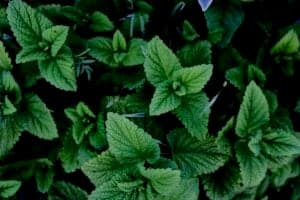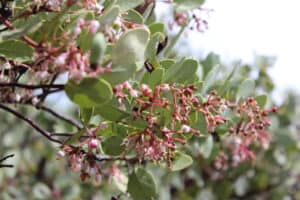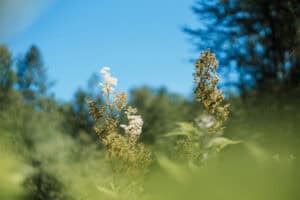Vitalism is an ancient principle found in the western traditions that recognizes the life principle within plants and people. This vital principle is what gives everything life, and while the biochemical attributes of an organism are important, it is not all there is.
When we use an herbal medicine, we are using the power and intelligence of nature. All of the energy and wisdom in the minerals, the Earth, the force of the Sun, the ecosystem, the seasons… all of this vital force is collected within the plant and is transferred to a person when that medicine is ingested.
While the medicine is certainly present in the chemistry, there is something more in herbal medicines that conveys its virtues. An underlying intelligence of the Earth.
This intelligence in the plant is communicated to the vital intelligence of the body and disseminated throughout the various organs, systems and tissues of the body. Each part of the body has its own unique expression of the vital force, its own intelligence, its own purpose. When this vital expression of an organ system becomes diminished, it becomes imbalanced and doesn’t function property.
From the perspective of vitalist herbalism, it is this vital intelligence of the body that is re-informed how to express itself in a balanced way, how to function properly again, and how to find its own unique state of homeostasis.
Vitalist is ultimately holistic herbalism. The root of the word “holistic” is “whole.” Thus to practice vitalist herbalism, to be truly holistic, it is essential to look at the whole person, and use the wholeness of the plant- not just zero in on the symptom and think of a plant only in terms of its chemicals.
The common way of thinking about herbs is to say “this herb is good for that condition,” or “use this plant for that symptom.” This immediately leads you down the “allopathic trap” where you start to loose sight of the whole person, their constitution, and the specific tissue state energetics. It also makes you start thinking about using herbs for symptoms instead of the actual person!!
The practice of vitalist herbalism is what we see cross-culturally utilized throughout the world. Unfortunately these traditional models have often been abandoned in favor of our more modern biomedical model of medicine, which often traps people in an allopathic method of practice that doesn’t get to the root causes of disease.







